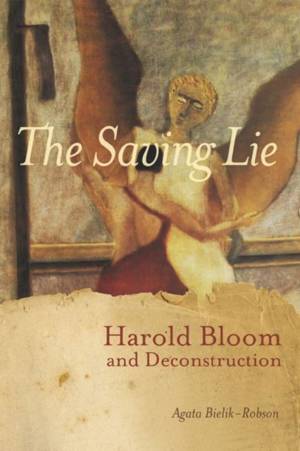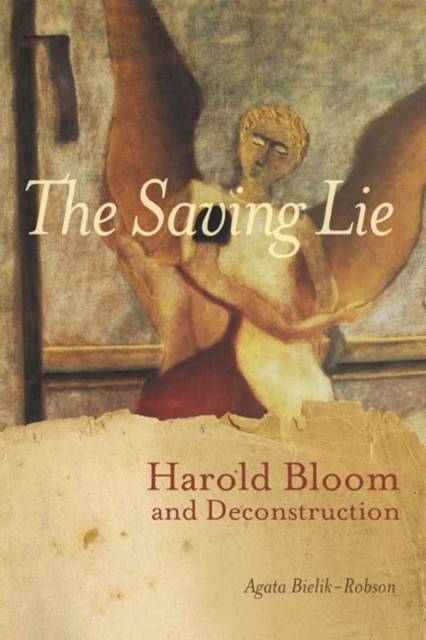
- Retrait gratuit dans votre magasin Club
- 7.000.000 titres dans notre catalogue
- Payer en toute sécurité
- Toujours un magasin près de chez vous
- Retrait gratuit dans votre magasin Club
- 7.000.0000 titres dans notre catalogue
- Payer en toute sécurité
- Toujours un magasin près de chez vous
61,45 €
+ 122 points
Description
Harold Bloom is our greatest living literary critic. His wide-ranging critical writings have plumbed the depths of Romanticism (The Visionary Company), explored the anxiety caused by the influence of one generation of poets on another (Agon, The Anxiety of Influence), wrestled with the idea of a literary canon (The Western Canon), introduced Jacques Derrida and deconstruction to America (Deconstruction and Criticism), and explored the relationship between religion, especially Judaism, and literature (Kabbalah and Criticism, The Book of J).
Bloom is indeed a party of one, a truly strong poet of his own mode of religious-literary criticism, who, in a typically Emersonian manner, makes his own circumstances and sheds influences by incorporating them into his idiosyncratic theory.In this unprecedented full-length study on Harold Bloom, Agata Bielik-Robson explores the many facets of Bloom's critical writings and career. In his work, she argues, Bloom draws on a variety of disparate traditions--Judaism, gnosis, Romanticism, American pragmatism, and Freudianism, but also, especially recently, Victorian aestheticism--that comprise a dialectical, difficult whole in a constant quarrel with itself. Yet, this is precisely the image of life-in-antithesis, which constitutes Bloom's highest speculative achievement, she observes. The Saving Lie brings all these Blooms together and, despite their own tendencies toward dissociation, lets them speak unisono: in one almost harmonious voice that will clearly utter the principles of a new speculative position--Bloom's antithetical vitalism. This study of Bloom and his contributions will not soon be surpassed.Spécifications
Parties prenantes
- Auteur(s) :
- Editeur:
Contenu
- Nombre de pages :
- 416
- Langue:
- Anglais
Caractéristiques
- EAN:
- 9780810127289
- Date de parution :
- 01-05-11
- Format:
- Livre broché
- Format numérique:
- Trade paperback (VS)
- Dimensions :
- 152 mm x 226 mm
- Poids :
- 544 g

Les avis
Nous publions uniquement les avis qui respectent les conditions requises. Consultez nos conditions pour les avis.






